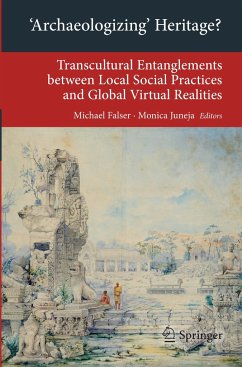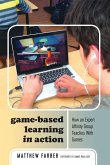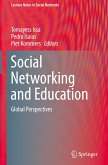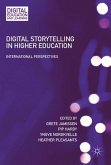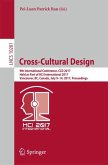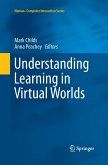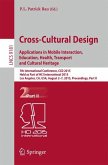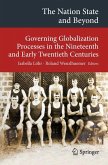This book investigates what has constituted notions of "archaeological heritage" from colonial times to the present. It includes case studies of sites in South and Southeast Asia with a special focus on Angkor, Cambodia. The contributions, the subjects of which range from architectural and intellectual history to historic preservation and restoration, evaluate historical processes spanning two centuries which saw the imagination and production of "dead archaeological ruins" by often overlooking living local, social, and ritual forms of usage on site.
Case studies from computational modelling in archaeology discuss a comparable paradigmatic change from a mere simulation of supposedly dead archaeological building material to an increasing appreciation and scientific incorporation of the knowledge of local stakeholders. This book seeks to bring these different approaches from the humanities and engineering sciences into a trans-disciplinary discussion.
Case studies from computational modelling in archaeology discuss a comparable paradigmatic change from a mere simulation of supposedly dead archaeological building material to an increasing appreciation and scientific incorporation of the knowledge of local stakeholders. This book seeks to bring these different approaches from the humanities and engineering sciences into a trans-disciplinary discussion.
"This book has successfully articulated the theoretical and empirical issues of 'archaeologizing' heritage beyond specific time and place; at the same time it stimulates readers to consider the importance of intangible or spiritual and socio-economic dimensions of the 'living heritage' approach and reminds us of the existence of a fertile ground for debates on the notion and practice of heritage." (Keiko Miura, ASEASUK News, Issue 57, 2015)

